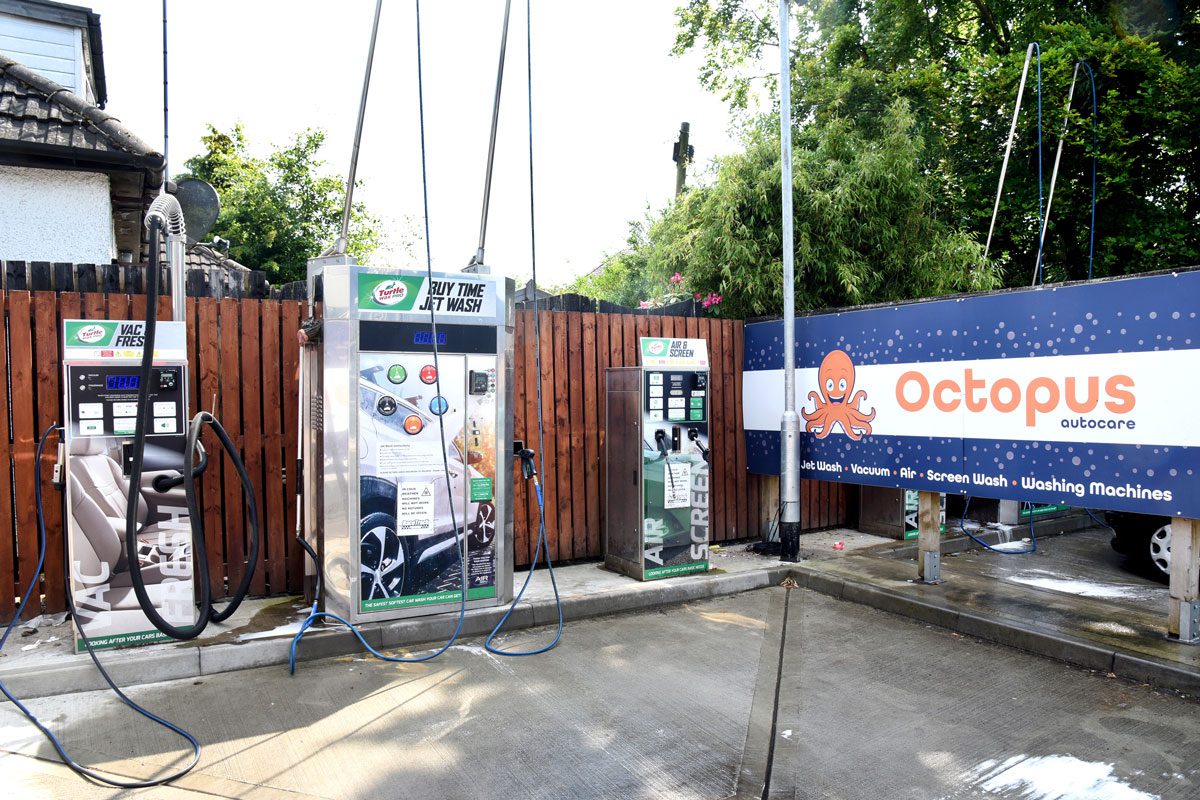Petrol Retailers Association battles on many fronts to look after its members

THE Petrol Retailers Association (PRA) is working hard to promote members’ best interests as forecourt operators face ongoing challenges.
Bosses are engaging with politicians and officials, as well as the media, to ensure they better understand the issues faced by the sector.
Against a backdrop of plans to develop a fuel price transparency scheme, many petrol station retailers have seen their margins eroded in recent times, said PRA executive director Gordon Balmer.
Factors behind this included the impact of soaring labour costs, with the biggest increases ever to the National Living Wage coming into force from April, continuing high energy bills and an “epidemic” of forecourt crime.
But Balmer said the PRA and its members were fully committed to helping the UK Government develop a fuel price transparency scheme and establish a watchdog to monitor the market.
With a consultation due on the proposals taking place at present, he said the scheme would show the competitive nature of the fuel market and provide true insights into the way the sector worked and the pressures it faced.
Highlighting the blight of forecourt crime, the PRA chief said it was costing the industry more than £50million and maybe as much as £100million a year.
Balmer said: “Evidence shows there is more than one incident per site per week. The average refuelling drive-off offence costs £50 while ‘no means to pay’ incidents are worth £60 each.”
As a result, the PRA is continuing to work with police forces and ministers to find solutions.
It is pushing for the DVLA to switch from a long-winded paperwork process to a quick electronic method to help retailers identify registered keepers of vehicles involved in such instances.
Balmer ruled out the introduction of prepayment at forecourts as a solution because retailers would need to carry out expensive pump modifications and motorists would be confused by the changes.

Moreover, he said, operators relied on non-fuel sales from motorists going into the store to pay their bills to help drive their profits.
Meanwhile, PRA members are continuing to investigate installing EV charging points, with some making significant investments despite frustrations over getting the necessary level of power to sites and planning permission, as well as the eye-watering costs involved.
Balmer also pointed out that PRA members would be vital in providing any future zero-emission HGV and coach infrastructure.
The PRA believes the best opportunities lie initially with high-level blend biofuels and hydrotreated vegetable oil.
These can be blended into diesel to cut emissions or be used as a standalone fuel while the technology and infrastructure to introduce hydrogen as an alternative fuel source for HGVs is developed.
The organisation has also highlighted to the Government the issue of use of fuel cards as a method of payment for HGVs.
The problem is that low returns on such sales make it difficult for site operators to reinvest sums to install the refuelling equipment to decarbonise the network.
Balmer, who also heads up the Car Wash Association, said that continued regulatory pressure is being applied to non-compliant hand car washes by the police, National Crime Agency, Gangmaster’s and Labour Abuse Authority and ScotGov departments.
As a result, it is believed that the long-running epidemic of rogue hand washes is easing.
Car washing was now one area where there was significant ongoing investment from new entrants and members were replacing existing equipment with state-of-the-art rollovers and low-cost/high-margin jet washes.
He said the technology provided a better customer experience, with motorists able to use smartphone apps to book a car washing slot and pay for the service.
He pointed out that members exploring opportunities to grow their revenues could benefit from attending the free PRA/CWA events – such as the roadshow coming to Larkhall on 24 October.






















